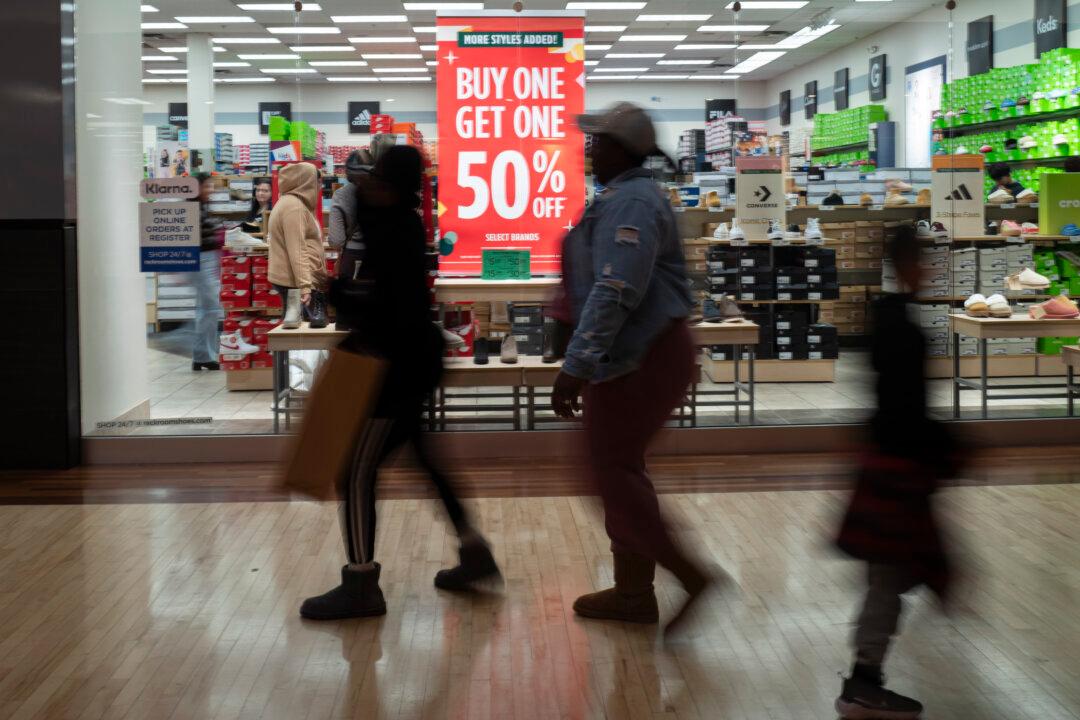Scammers are promoting counterfeit products to deal-seeking customers, a joint advisory from the U.S. Customs and Border Protection (CBP) and the U.S. Chamber of Commerce warned.
The proceeds of these goods can be used to support terrorism, according to the agencies.





